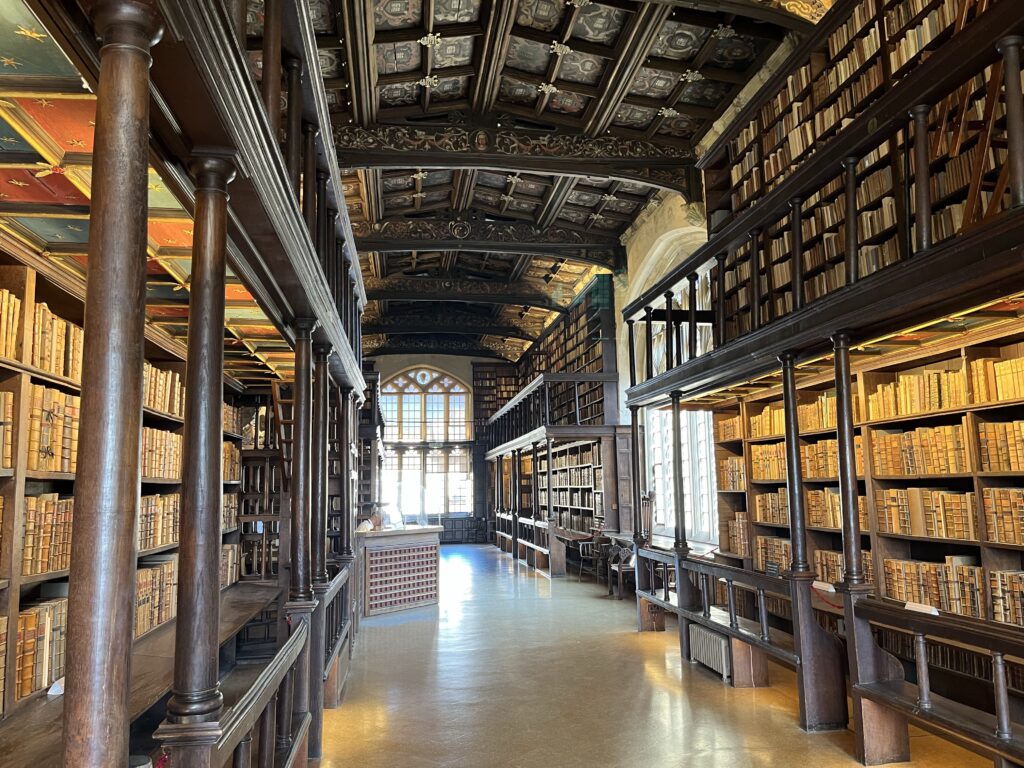
I don’t think I have ever published a reading list after one of our study tours, but this trip merits a change in procedure.
You can find the pre-trip reading list here.
What we saw and learned during the trip led to more reading. Also, I forgot to mention in our previous reading list the most important book on which we relied for finding Alfred the Great sites.
So, here is the supplemental list:
King Alfred: A Man on the Move, by Paul Kelly. This is the most comprehensive book we could find on the sites in England related to Alfred the Great. Kelly also has a great blog devoted to the great man.
Jack: A Life of C.S. Lewis, by George Sayer. I downloaded this book from Amazon after we visited Lewis’s home, and I couldn’t wait to read it each night before bed. Sayer was one of Lewis’s students and thereafter a friend. I found Sayer’s biography even more engaging than Lewis’s autobiography, Surprised by Joy, but that may have been in part because we had just been in Lewis’s home.
In the Eye of the Storm: A Biography of Gregory the Great, by Sigrid Grabner. I didn’t get to talk much about Gregory the Great in this travel blog, except to say he sent Augustine to Canterbury, but Gregory was truly great a man. If all the popes had been as humble and committed to the Lord, Catholic church history would have been very different.
Queen Bertha and Her Times, by Elizabeth Harriot Hudson. I become very interested in Bertha as I dug into the story of Augustine of Canterbury. Like Clotilde, wife of Clovis, she changed history by helping lead her husband, Aethelberht, King of Kent, to the Lord. I’m about a third of the way through this book, and it is an interesting read.
I sense we are not done with English kingdom history at the GSB blog. GS



